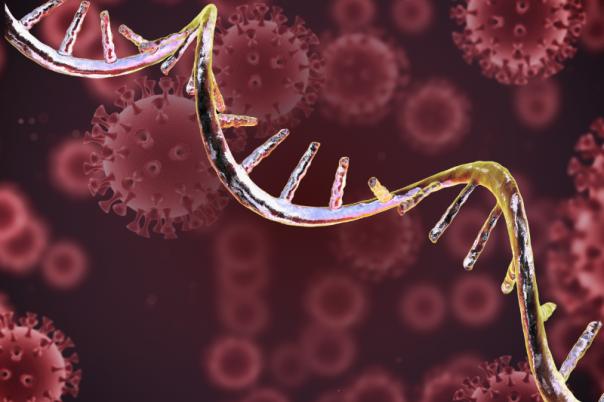Yongqun He, a Professor at the University of Michigan introduced the CanVaxKB database which aims to standardise, integrate, and support rational vaccine design for cancers. While there are various cancer therapies like chemotherapy, radiology, and immunotherapy the demand/hope for cancer vaccines is growing following the advancement of mRNA technology for the COVID-19 vaccine.
He noted that identifying antigens is critical for vaccine development. By collecting antigens and performing statistical and informatics analysis, researchers can observe patterns and leverage these for rational vaccine design. He explained that the main challenges are translating tools and technology into cancer vaccine design and integrating several data types.
To address this, He’s lab has developed the cancer vaccine knowledge base (CanVaxKB) which forms part of the wider VIOLIN vaccine knowledgebase. The data is collected and stored in a MySQL database and ontology is used for analysis. He spotlighted the canvaxgen concept which refers to the genes expressing proteins or parts of proteins that can serve as antigens for cancer vaccine development. From over 800 cancer vaccines, approximately 260 canvaxgens have been identified so far as potential targets for vaccine development.
The next step requires analysing the canvaxgens functions in more detail. The gene ontology analysis revealed patterns related to glycoproteins, cytokine activity, and signalling pathways. Ontology was used to classify, annotate, and gain a deeper understanding of the vaccines. Cancer vaccines are classified based on components, target diseases, cell types, and organs.
He also advocated combining AI and deep learning methods to deepen our understanding of cancer mechanisms. To sum up, the CanVaxKB database provides
researchers with a standardised and user-friendly database that links data from clinical trials, licensed vaccines, and laboratory studies. Future work will focus on peptide-level analysis and expanding the platform’s capabilities.






